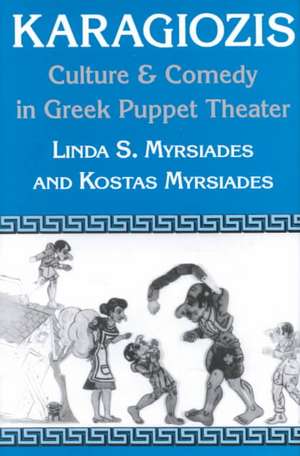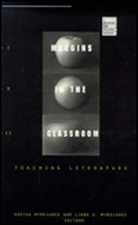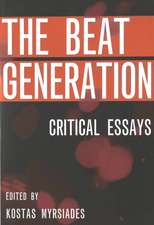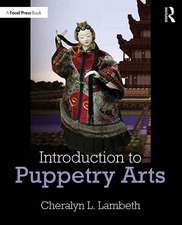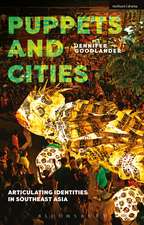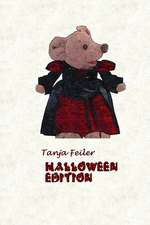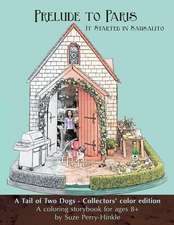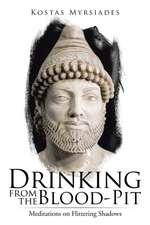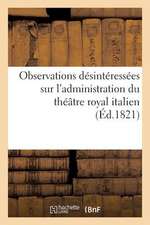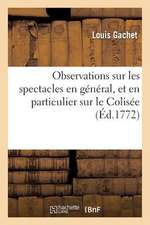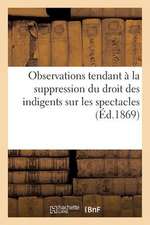Karagiozis
Autor Linda S. Myrsiades, Kostas Myrsiadesen Limba Engleză Hardback – 21 oct 1992
Karagiozis -- a form of comic folk drama employing stock puppet figures -- was immensely popular in Greece until recent years, when newer forms of entertainment have virtually eclipsed it. Derived from ancient Byzantine and Greek sources, it takes its name from the principal puppet character, the clever, humpbacked fool-hero Karagiozis, who appears in many guises, surrounded by a cast of folk caricatures from all walks of life.
Kostas and Linda Myrsiades present here a tripartite view of Karagiozis: a translation of a typical text taken directly from a live performance; interviews with one of the last master Karagiozis puppeteers; and an analysis of the place of this indigenous genre in Greek life and culture. The first part of the book examines critical issues concerning the context of Karagiozis performance: its place as an expression of an unofficial social world, as a gender statement that reveals the split vision of its culture, as an expression of a pluralistic society, and as an indigenous event shaped by economic, geographic, political, and social forces.
The second portion offers insights from interviews with Giorgos Haridimos, until his retirement Greece's preemi-nent Karagiozis player, and a translation of his classic text "Karagiozis Baker" reflecting an actual performance by Haridimos. Through novel verbal and typographic devices, Kostas Myrsiades succeeds in preserving the full flavor of his oral source -- its rhythms and intonations, its linguistic nuances, and even audience reactions -- to convey the actual experience of the theatergoer. This unique translation thus establishes a model for collecting and disseminating oral theatrical tradition.
Folklorists, cultural historians, and students of theater will appreciate this introduction to an ancient but little known folkloric form.
Preț: 307.19 lei
Nou
58.78€ • 61.37$ • 48.65£
Carte tipărită la comandă
Livrare economică 05-19 aprilie
Specificații
ISBN-10: 081311795X
Pagini: 248
Dimensiuni: 147 x 224 x 21 mm
Greutate: 0.51 kg
Ediția:New.
Editura: University Press of Kentucky
